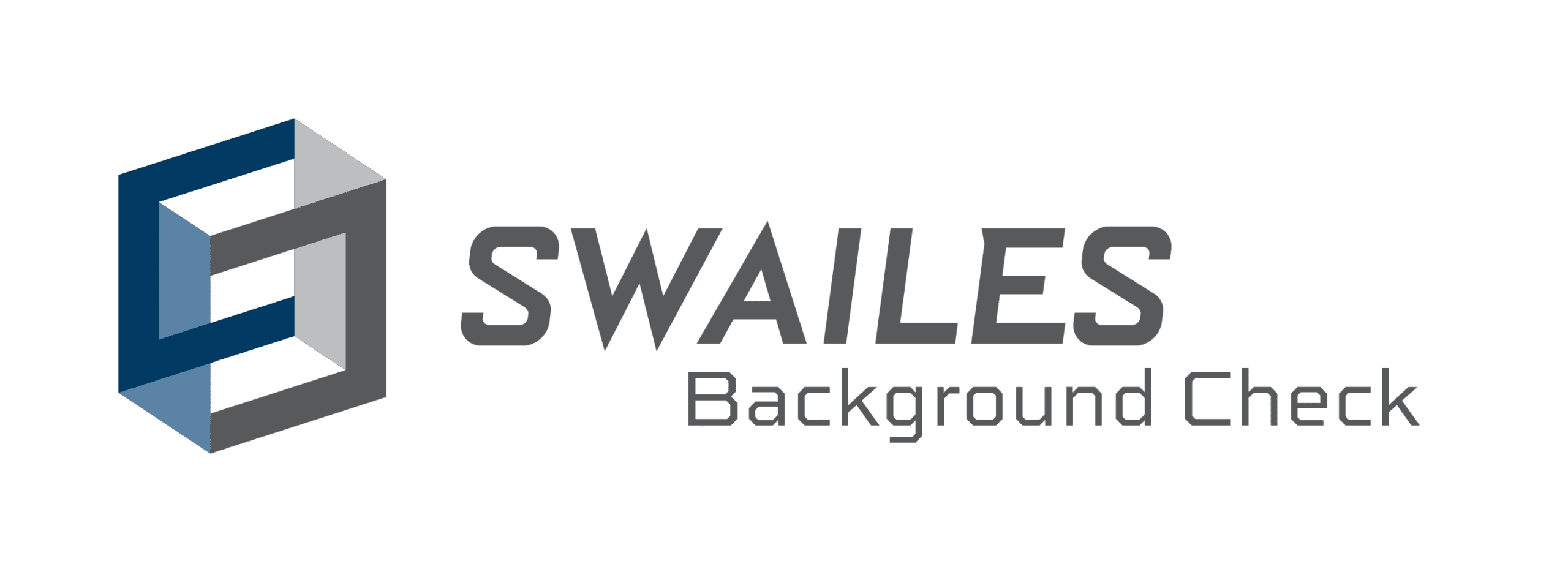Why Recognition Matters in the Workplace, EEOC, DOL and other Federal Agencies Sign Pact with Mexico to Protect Mexican Workers’ Rights Here & Your Employees Are Your Best Defense Against Cyberattacks
In this week’s highlights we’ll cover why recognition matters in the workplace, the federal agencies involved in signing a new pact with Mexico to protect workers’ rights & why your employees are the best defense against cyberattacks.
Why Recognition Matters in the Workplace
When employees feel valued at work, it increases engagement, productivity, and even company loyalty. Recognition shows employees that they’re valued and they aren’t invisible. This is especially important with remote work, where it’s even easier for employees to feel like their work isn’t being seen.
There is one caveat, however. In order to be successful, recognition has to be done properly, and there isn’t a one-size-fits-all approach.
To view the entire article by Forbes click here.
EEOC, DOL and other Federal Agencies Sign Pact with Mexico to Protect Mexican Workers’ Rights Here
Mexico, U.S. Will Continue Cooperation to Fight Abuses Against Workers, Regardless of National Origin or Immigration Status
WASHINGTON – The U.S. Equal Employment Opportunity Commission (EEOC), the U.S. Department of Labor and several other U.S. government entities on Thursday signed an agreement with the embassy of Mexico to advance the protection of the rights of Mexican and Mexican American workers in this country.
Charlotte Burrows, Chair of the EEOC, Secretary of Labor Martin Walsh, Mexican Ambassador to the United States Esteban Moctezuma and other officials signed a renewal of the memorandum of understanding (MOU) between the government of Mexico and the government of the United States to collaborate on protecting the rights of people of Mexican origin working in this country.
To view the entire article by the EEOC click here.
Your Employees Are Your Best Defense Against Cyberattacks
According to the FBI, cybercriminals scammed $26 billion between October 2013 and July 2019 with the “Business Email Compromise” scam that, using deceptive and manipulative social engineering techniques, lured employees and individuals into divulging their credentials and eventually making unauthorized transfers or funds. In 2017, MacEwan University in Canada was defrauded of some $11.8 million when a cybercriminal impersonated one of the university’s staff members and requested changing the bank account information of one of its vendors. Another report covering 31 countries — 60% of world population and a corresponding 85% of global GDP — estimated the financial loss of online scams in 2019 to be €36 billion.
In addition to direct financial losses, security-based offenses disrupt a company’s productivity — and its public reputation. For example, when 130 high-profile Twitter accounts were hacked in 2020, it was an embarrassing black eye for the company: a startling weakness in the company’s security, which was exploited by a 17-year-old’s low-tech attack. The vulnerability made the company look silly and caused its stock price to plunge by $1.3 billion (if only temporarily). It could have been much worse, too: Security breaches can also have legal and liability consequences for directors and senior managers.
To view the entire article by Harvard Business Review click here.
When your business needs assistance with employment screening, criminal checks, FCRA compliance, drug screening, education and employment verification, driving records (MVR), credit checks or social security number validation, contact the Swailes Background Team to get quickly signed up.

